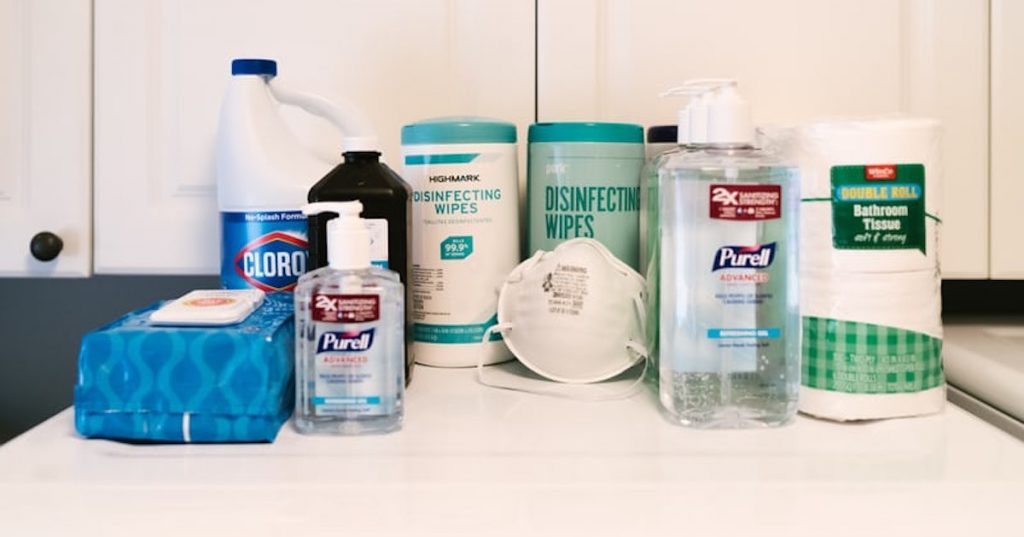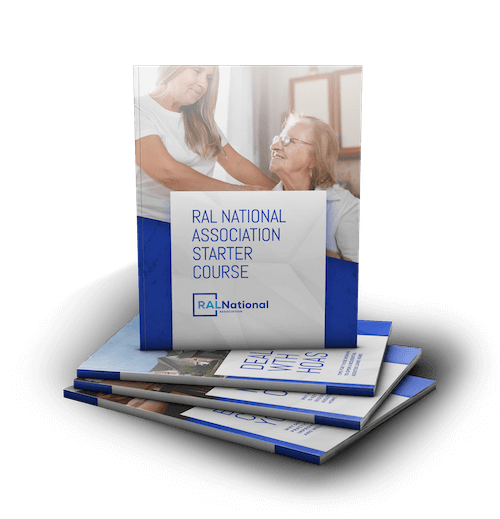As caregivers coping with COVID-19, it is important to follow the proper safety guidelines to keep seniors safe. Wearing the proper personal protective equipment (PPE) is a matter as important as life and death. History will measure our industry by our response to this pandemic. Residential assisted living owners and operators have a serious responsibility on the frontlines serving the most vulnerable people in our society. Frontline healthcare workers who will get sick after being exposed to the virus at work may consult with a work injury attorney to determine if they qualify for worker’s compensation.
The Occupational Safety and Health Act (OSHA) provides guidance about PPE, as well as comparisons between masks offered by companies like 3M. There are a lot of different masks on the market. The golden question is, which mask works best to protect staff and residents from the coronavirus. Filtering facepiece respirators (FFR), which are sometimes called disposable respirators, are subject to various regulatory standards around the world. These standards meet specific physical properties and performance characteristics. During pandemic or emergency situations, health authorities often reference these standards when referring to recommendations for masks.
The following masks are N95, FFP2, or equivalent respirator:
- N95 (United States)
- FFP2 (Europe)
- KN95 (China)
- P2 (Australia)
- Korea 1st class (Korea)
- DS (Japan)
FFR masks are sometimes called disposable respirators. These respiratory protection flexibilities apply under specific circumstances in which the National Institute for Occupational Safety and Health (NIOSH) approves them.
When N95 filtering facepiece respirators are unavailable, OSHA’s temporary enforcement discretion permits professionals and essential workers to use supplemental protocols.
3 Niosh Discretionary Options For Masks
- Other NIOSH-approved masks, including N99/100, R95/99/100, and P95/99/100 FFRs; elastomeric, air-purifying respirators; and powered, air-purifying respirators.
- NIOSH-approved respirators that are expired or beyond the manufacturer’s recommended shelf life.
- Certain respirators that meet the standards of other countries, including expired devices.
These alternative respirators are proven to provide better protection than homemade face masks or improvised equipment. Until more is known about COVID-19 and all the ways it spreads, OSHA recommends using a combination of precautions. The CDC provides the most updated infection prevention and control recommendations for cases of COVID-19.
Administrative Controls For RAL Homes
Consistent with the general guidance from the CDC concerning PPE, prevent touch contamination by avoiding unnecessary touching of environmental surfaces. These surfaces include light switches, door handles, elevator buttons, and the like. In order to protect yourself from contaminated surfaces, adhere to the following practices:
Identify potentially contaminated surfaces
- Distinguish clean areas from potentially contaminated ones.
- Clean, disinfect, and maintain reusable equipment and PPE.
The proper PPE includes more than just wearing NIOSH-approved masks. It is also recommended that caregivers wear the following items to protect themselves and others from COVID-19:
PPE the exceeds the use of masks only
- Gloves
- Gowns
- Eye/face protection (e.g., goggles, face shield)
- Eye protection
Most importantly, workers should follow the basic guidelines as provided to every America to stop the spread of COVID-19.
Basic safety guidelines for COVID-19
- Avoid touching your face, especially your eyes, mouth and nose.
- Wash your hands regularly with soap and water for a minimum of 20 seconds.
- Maintain a distance of a least 6 feet when in close contact with others.
Additional PPE Considerations
Employers in all sectors may experience shortages of PPE, including gowns, face shields, face masks, and respirators, as a result of the COVID-19 pandemic. Although employers are always responsible and held reliable for following OSHA standards.
6 Important Pandemic Safety Considerations
- PPE should be selected based on hazard assessment and workers specific job duties.
- When disposable gloves are used, workers should typically use a single pair.
- When eye protection is needed, use goggles or face shields. Personal eyeglasses are not considered adequate eye protection.
- If workers need respirators, surgical masks are not respirators and do not provide the same level of protection as properly-fitted masks.
- After removing PPE, always wash hands with soap and water for at least 20 seconds, if available. Ensure that hand hygiene facilities, sink or alcohol-based hand rub, are readily available at the removal area.
- Employers should train, establish and ensure that workers follow standard safety operating procedures, to include cleaning, maintaining, storing, and disposing of PPE.
Resources For Ral Homes In Crisis Mode
A complete comprehensive Coronavirus Disease 2019 (COVID-19) Preparedness Checklist for Nursing Homes and other Long-Term Care Settings is available on the CDC website. Click here:
This article is intended to highlight the importance of using personal protective equipment. It is also intended to encourage RAL owners and operators to employ every resource at their disposal to help keep their residents safe. Although this content is specialized for healthcare, similar steps should be considered by RAL owners and managers to protect their RAL homes from infection and spread of COVID-19. RAL home operators do not have to go through these difficult processes alone. The Residential Assisted Living National Association advocates for assisted living businesses. RALNA supports them with access to legal expertise, continued education, national marketing, group purchasing power and a continual positive voice for the industry.











